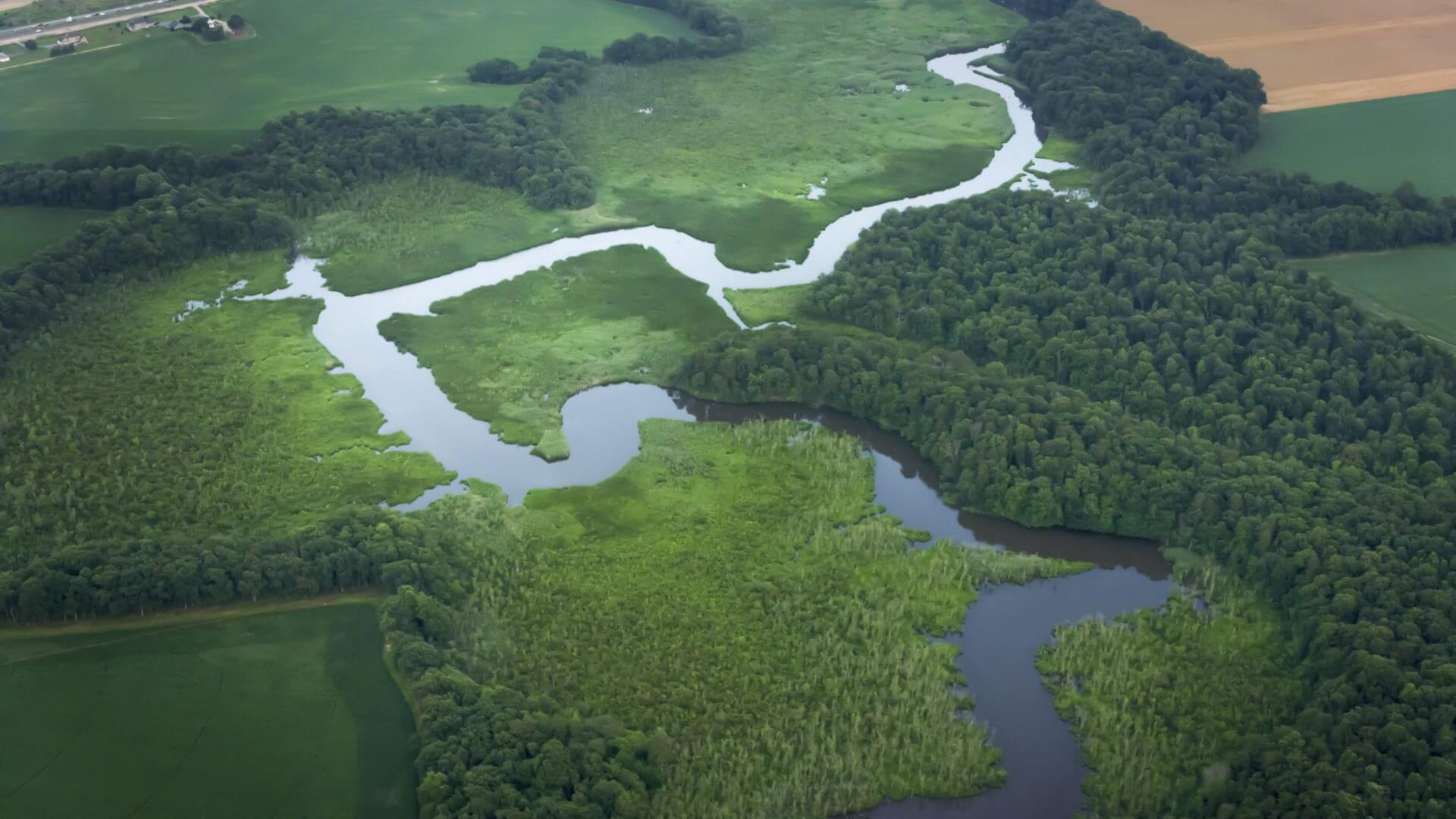Our climate solutions week of coverage is behind us, but its key lesson endures: solutions to the climate crisis are out there, and we can begin tackling climate change today. As the coronavirus has reminded us, credible, public-spirited journalism is essential in a time of crisis. We salute each of our partners whose newsrooms stepped up with climate solutions coverage last week, and we hope journalists everywhere will help keep the climate crisis, and its solutions, in the public eye going forward.
Here’s a sampling of the excellent work done by partners last week. All of it is “evergreen,” and we urge CCNow partners to republish it, either now or in the future, complete with the usual CCNow tagline and logo. Please don’t forget to promote the stories on social media, as well!
- From The Guardian: Boston is an innovator in defending against sea level rise, but immigrants and communities of color in low-lying areas are being displaced by high-end developments, reports this preview of how rising seas will affect waterfront real-estate. And this start-up in Chile is turning discarded fishing nets, a symbol of the plastic waste choking water bodies around the world, into 100% recycled nylon and polyester that can be found in products including Patagonia hat brims and Trek bike parts.
- For The Nation, Annie Leonard of Greenpeace writes that governments, companies and consumers should shun single-use plastics to fight climate change; and CCNow Executive Director Mark Herstgaard asks Michael Pollan, author of the bestselling How to Change Your Mind, about the potential of psychedelics to treat climate grief.
- From the Columbia Journalism Review, a feature on Alaskan journalists’ struggle to tell the story of a rapidly warming state where the energy industry and climate-denying Republicans hold power; and an erstwhile Hawai‘ian’s essay about how climate change will affect the state and the press’s bad habit of framing this only as a problem for your vacation.
- HuffPost reports that companies around the world anticipate a groundswell in workplace activism regarding their carbon footprint. Also, a look at farmers who are finding that a transition to environmentally-friendly agriculture isn’t just good for the climate — it’s good for business.
- This year’s US presidential election is monumentally important for the climate, so Teen Vogue surveyed experts for a high-quality explainer on the immediate actions a new administration could take on the climate front — even without support from Congress. Also, activists’ top ten “informative and inspiring” climate change book recommendations.
- Releasing herds of wild animals into the Arctic, including reindeer, could help slow global heating, reports CBS News, because the animals’ grazing habits help pack down the permafrost, cooling it in the process. Also, the coronavirus lockdown has proved good for air quality, but as more work moves online, might Zoom and Slack represent a climate solution in their own right?
- The Christian Science Monitor takes a look at “nature-based climate solutions” with bipartisan support, including restoration of forests, soil, and marshlands — but critics worry that such projects might distract from more thoroughgoing green infrastructure transitions. Also, across the US, researchers are investigating the benefits of co-locating solar farms and traditional farms.
- Nexus Media News reports that oil companies’ image problems are making it harder to recruit young business talent, leading the companies to launch clumsy and cringeworthy appeals to youth. Also, a close look at a disparate group of activists in the Pacific Northwest who took on the fossil fuel industry and won, through community organizing and “strategic legal maneuvering.”
- Grist highlights the Pacific Ocean’s “atmospheric rivers” whose increasing volatility is raising the likelihood of both drought and deluges for highly populated San Diego County. Also, a lengthy and heartfelt profile of one climate activist in Washington state, 17-year-old Grace Lambert, that explores the toll activism takes on the young people who are shouldering the burden of our planet’s future.
- From the Institute for Nonprofit News, a story from Ensia (also a CCNow partner) about the challenges and opportunities climate change presents for the Great Lakes region, and another from Belt Magazine about Chicago’s struggle to cope with climate impacts.
